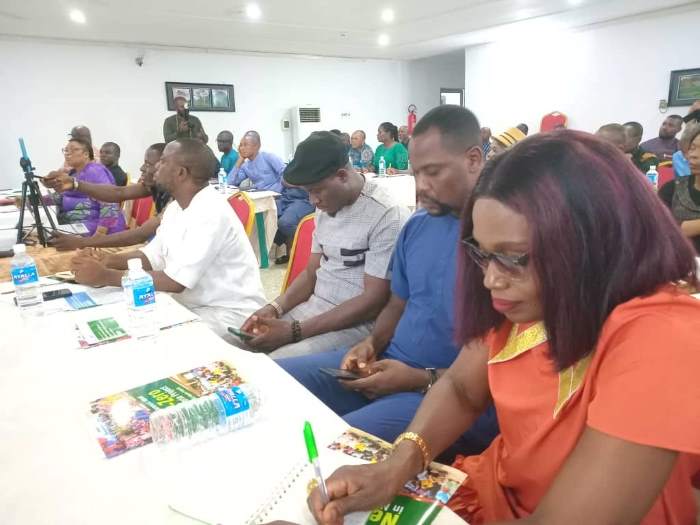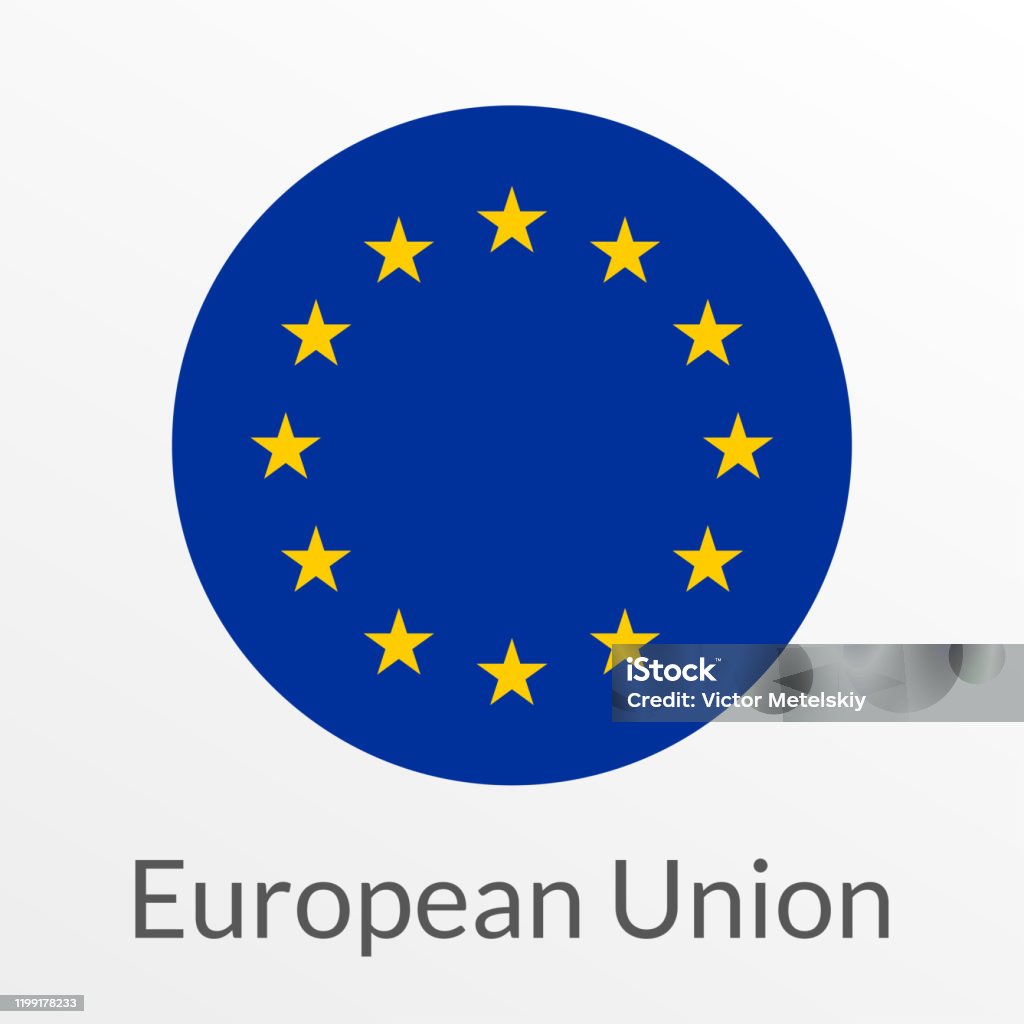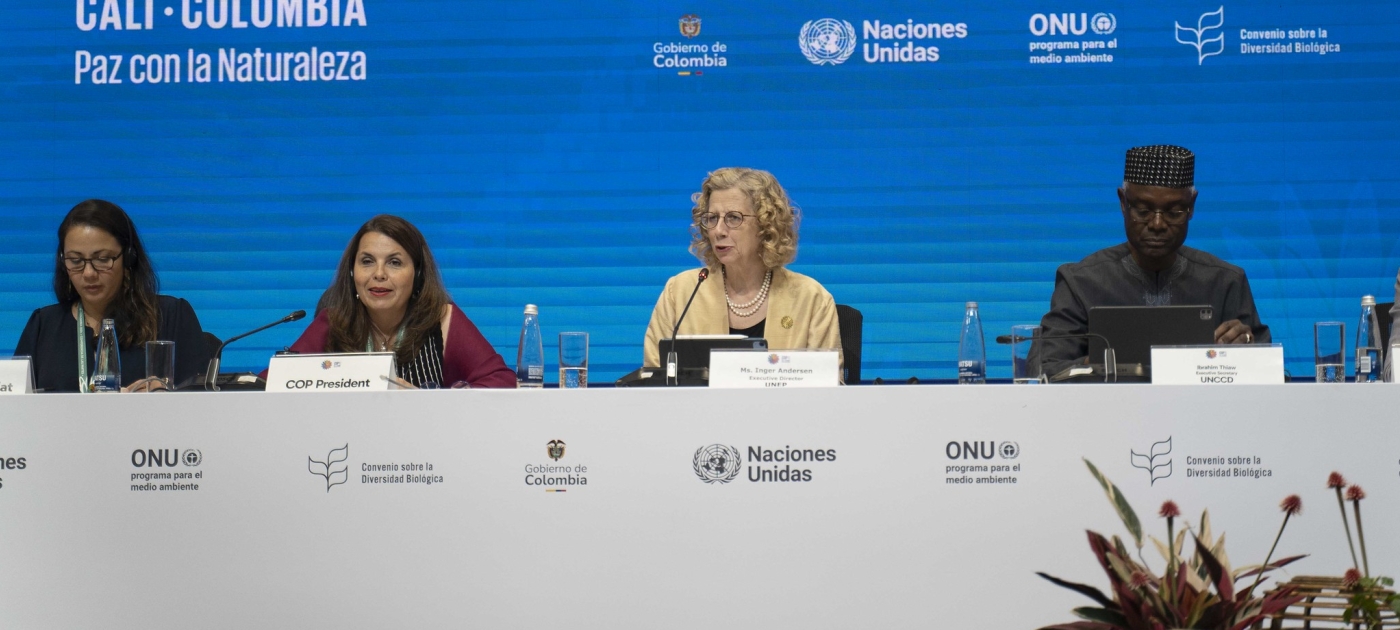The Deep Sea Conservation Coalition (DSCC) urges governments to call for an immediate global moratorium on deep-sea mining.
The call is to send an urgent political signal defending the ocean, multilateralism, and UNCLOS.
The call follows the announcement by The Metals Company (TMC) USA of its application to mine the international seabed under U.S. domestic law.
TMC’s move follows the Trump administration’s executive order last week on deep-sea mining.
The Deep Sea Conservation Coalition says the rogue industry action signals urgent need to strengthen global governance through a moratorium on deep-sea mining.
DSCC says this move challenges the global legal framework governing the international seabed, runs counter to the global opposition to the industry, and threatens the health of one of the planet’s last untouched ecosystems.
“With the upcoming 3rd United Nations Ocean Conference scheduled for June, this is a defining moment for the future of the ocean and multilateralism. As humanity faces a triple planetary crisis, the international community must urgently and decisively act against this reckless attempt to industrially mine the ocean despite global opposition. We call on all States to urgently adopt a moratorium on deep-sea mining before irreversible damage is done,” said Sofia Tsenikli, DSCC Campaign Director.
According to DSCC Policy Advisor, Emma Wilson, “No single company or country can dictate the fate of the deep ocean – humanity’s common heritage,”
Importance of a Deep-Sea Moratorium
“A moratorium would send a powerful message that the global community is united in defending international law, including UNCLOS. Decisions about the future of the international seabed must be made collectively by all nations, grounded in science, and on equitable and peaceful terms, not driven by the reckless ambitions of rogue actors.” The group said
Unilateral action in the international seabed drew global opposition at the ISA March 2025 Council meeting, with universal condemnation from virtually all member countries that took the floor of the ISA.
“Any issuance of commercial permits under the Deep Seabed Hard Mineral Resources Act (DSHMRA) would be a direct violation of international law,” said Duncan Currie, DSCC Legal Advisor.
DSCC North America Coordinator, Nicole Zanesco, explained that the U.S. stands to gain nothing economically, while assuming enormous legal, environmental, and reputational risks.
“There is no viable infrastructure in place, the costs of mining are enormous, and the long-term market value of the metals remains highly uncertain. This is corporate overreach masquerading as industrial policy.” He stated.
The Effect Of Deep-Sea Mining
According to the group, “The science is unequivocal: deep-sea mining would cause irreversible damage to ecosystems that have evolved over millions of years. Recovery, if it occurs at all, would take centuries.”
It declared that mining is incompatible with international commitments to protect ocean health and tackle the biodiversity and climate crises.
“It is utterly absurd for anyone to pursue such a destructive and speculative industry, one that threatens to cause permanent harm across the ocean, from fisheries and biodiversity to cultures and coastal communities, ” said Matthew Gianni, DSCC Political Advisor.
The DSCC urges all global governments to publicly reject any attempt to mine the international seabed, support a moratorium on deep-sea mining through the ISA and other multilateral fora, and defend international law to ensure that decisions about the global commons are made collectively, not driven by private interests.
Last week the DSCC launched a landmark report https://deep-sea-conservation.org/press-release-new-expert-report-maps-out-a-bold-future-for-the-deep-sea-without-mining/ exploring the critical opportunities available to the ISA and the world under a moratorium or precautionary pause on deep-sea mining.
About The DSCC
The Deep Sea Conservation Coalition (DSCC) was founded in 2004 in response to international concerns over the harmful impacts of deep-sea bottom trawling.
Today, more than 130 non-governmental organizations (NGOs), fishers’ associations, and law and policy institutes worldwide are working together under the umbrella of the DSCC to ensure the protection of vulnerable deep-sea ecosystems.




